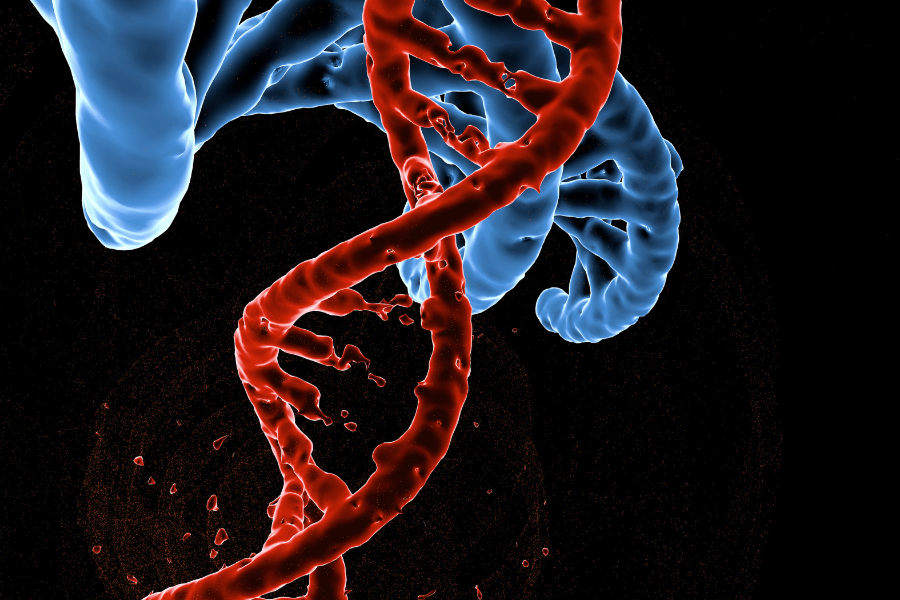Oncology has witnessed a profound shift
The field of oncology has witnessed a profound shift in recent years as researchers turn their attention to novel treatment combinations and targeted therapies. In this era of precision medicine, the focus is increasingly on tailoring treatments to the molecular characteristics of individual tumors. This approach not only promises better outcomes for patients but is also redefining the boundaries of cancer treatment.
The Appeal of Combination Therapies
Traditional treatments like chemotherapy and radiation, while effective, often suffer from the limitation of not being selective in their assault on the body’s cells. In contrast, combination therapies are now being used to mitigate these shortcomings. By employing two or more therapeutic agents, researchers have found ways to enhance efficacy and reduce the likelihood of cancer developing resistance to a single treatment modality.
Immunotherapy, which harnesses the body’s immune system to fight cancer, is one such innovation. Its effectiveness can be amplified when combined with chemotherapy or radiation. These combinations exploit the strengths of both approaches: chemotherapy kills rapidly dividing cells, while immunotherapy boosts the immune response, making it harder for cancer to escape detection.
Moreover, combining two molecularly targeted therapies has also gained momentum. These therapies are designed to interfere with specific cancer-driving proteins or genetic mutations and pairing them can deliver a more potent attack on tumors. Kinase inhibitors, for instance, are increasingly being used in conjunction with other targeted drugs to inhibit cancer’s growth pathways.
The Rise of Targeted Therapies
Targeted therapies represent one of the most significant advances in cancer treatment. Unlike conventional therapies, which attack all fast-growing cells, targeted therapies focus exclusively on the molecular abnormalities that fuel the growth of cancer cells. This approach has the dual benefit of sparing healthy cells and reducing the often severe side effects associated with traditional treatments.
Significant strides have already been made in this area. HER2-targeted drugs have transformed outcomes for breast cancer patients, while inhibitors targeting the BRAF mutation have done the same for melanoma. The development of gene-sequencing technologies has further refined this process, allowing researchers to map out the genetic landscape of tumors with increasing accuracy.
As a result, drug developers can now craft treatments that are not only more effective but also tailored to the genetic profile of an individual’s cancer. This heralds a new era of personalized medicine, in which treatment regimens can be tailored to the unique biology of each patient’s disease.

The Future of Oncology: Precision Medicine
The convergence of combination therapies and targeted treatments is ushering in a new era of oncology that is distinctly personalized. The rise of precision medicine—an approach that customizes treatment to a patient’s genetic makeup—is the next frontier. Armed with genomic data, oncologists can now prescribe therapies that have the highest likelihood of success for each patient.
Yet, challenges remain. Understanding how different therapies interact with one another is a complex task, and the cost of these treatments can be prohibitive for many patients. Additionally, the regulatory landscape must keep pace with these rapid advancements to ensure that cutting-edge treatments are both safe and widely accessible.
Nevertheless, the direction of travel is clear. The shift towards more precise, personalized treatments is gathering momentum, driven by a deeper understanding of cancer’s molecular underpinnings. The ongoing research into new combinations and targeted therapies represents a promising leap forward in the fight against one of medicine’s most formidable foes.

